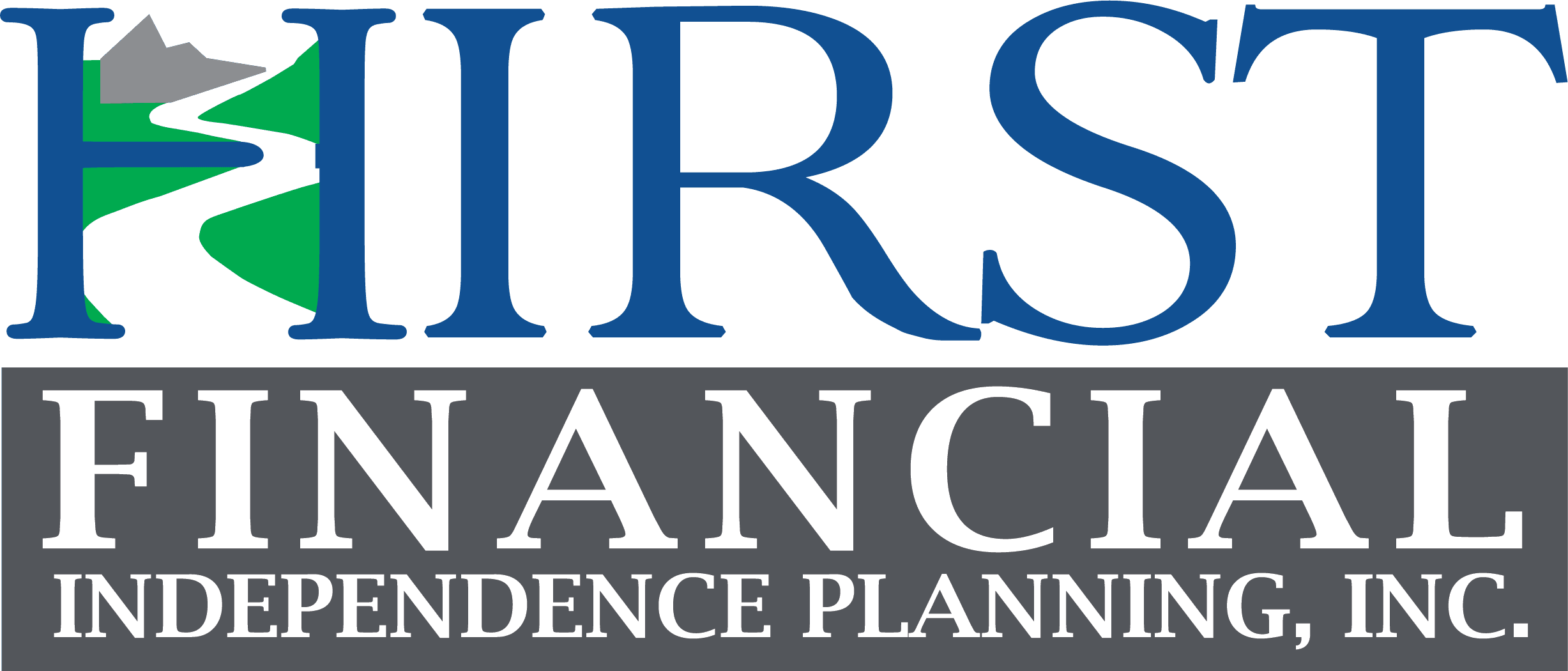Published by Teresa Milner
Are you prepared for the journey in life referred to as retirement? Whatever you choose to call the later years of your life, planning and preparing for this well in advance is the best way to be ready – financial security doesn’t just happen. Planning ahead allows you the luxury of deciding when and how you will retire. Planning ahead helps you to know more about your family’s budget and what your expected budget will be in retirement. Planning ahead helps you pursue confidence regarding your financial insecurities. Planning ahead is crucial in helping you help yourself to be able to live the same lifestyle in retirement as you’ve become accustomed to during your earning years. The list can go on and on for the benefits of planning ahead. So, you’re asking, what should I be doing? When should I start? How do I do know how much to save? What is the best savings vehicle? How do I plan for the “what ifs” in life? Here are my top ten ways to prepare for retirement:
1. Set goals and stick to them. If you’ve already starting saving, keep saving. If you’re not saving, it’s time to get started. Saving is a fabulous rewarding habit, and it’s never too early or too late to start saving.
2. Determine what your retirement needs will be. Believe it or not, retirement is expensive. You will need at least 70% (probably more) of your current income when you stop working, if you want to maintain your current lifestyle.
3. Contribute to a retirement savings plan. You may be someone who is employed by a company that has a 401k, and they offer to match your contributions (up to a limit). You may be self-employed, and you have to maintain and contribute to your own retirement account. Whatever your individual situation is like, make sure you contribute. Get educated on your personal situation, and that way you can make a decision with your retirement savings that’s in your best interests.
4. Plan for the unexpected. It’s difficult at best to go into retirement expecting the worst, but it does happen. If you put in the effort and plan for the unexpected now, you are less likely to get caught off-guard later. Issues can range from minor to major, but be prepared to weather these storms. Roof leaks, serious illnesses, early death, accidents, nursing homes…Discuss these scenarios with family and trusted ones so you’re mentally prepared to handle them.
5. Get your risk management in place. Yes, risk management, i.e., insurance; not something that’s fun to talk about, but it’s one of those necessary evils. What impact will a premature death in your family have? Life insurance can help you plan for this. Have you considered what your financial picture will look like if you’re married and your spouse has to have skilled nursing home care? Long term care insurance can help you plan for this. The possibility of a disabling accident lingers. Short and long term disability insurance is designed to cover this risk. Do you have teenage drivers under your household? Perhaps an umbrella policy is a wise thing to have. Car insurance, home insurance, pet insurance, cancer insurance, dental insurance, eye insurance; the list goes on and on…
6. Educate yourself on investment vehicles. How you save is as important as how much you save. Taxes and inflation impact your savings. The type of investment carries varying amounts of risk. Learn about diversification and how it will impact your overall picture. Your risk tolerance will change over time. Working with a financial advisor you trust can be extremely beneficial in determining the investment vehicle that’s best suited for you.
7. Do not touch your retirement savings. Once you start saving for retirement, keep those funds for that purpose, and that purpose only – retirement! You not only lose the power of compounding over the long run, you will more than likely incur considerable taxes and penalties if you withdraw retirement savings too soon.
8. Know what money comes in and what goes out. In other words, have a budget. Slight variations in one’s household budget over time can have a huge impact on the long term picture. Control your spending. Work on eliminating debt so you’re not paying interest; instead, save money and have the interest coming your way!
9. START NOW…One of my favorite sayings about saving money for one’s future – the earlier you start, the less money it takes.
10. FINALLY – ASK QUESTIONS! I can’t emphasize enough how important it is to educate yourself on your financial health. I liken this to knowing about your overall physical health. Knowledge is powerful and will help you in gaining confidence with your financial insecurities. Ask questions and make sure you understand the answers you get. Work with a trusted financial advisor that offers sound, practical advice.
Content in this material is for general information only and not intended to provide specific advice or recommendations for any individual. There is no guarantee that a diversified portfolio will enhance overall returns or outperform a non-diversified portfolio. Diversification does not protect against market risk. No strategy assures success and investing involves risk including loss of principal.

